Optimal Timing for Storm Restorations
Storm restorations are essential for maintaining the integrity of structures affected by severe weather events. The timing of these restorations can influence their effectiveness and longevity. Understanding the optimal periods for performing storm-related repairs ensures that properties are well-protected against future weather challenges.
Spring and early summer often provide favorable conditions for storm restorations due to milder weather and less likelihood of immediate severe weather.
Immediately after a storm, restoration work should begin promptly to prevent further damage and mitigate risks such as water intrusion and structural weakening.
Periods of stable weather with low wind and precipitation are ideal for completing restoration projects effectively and safely.
Pre-storm inspections and preventative repairs can reduce damage severity and facilitate quicker restoration if storms occur.
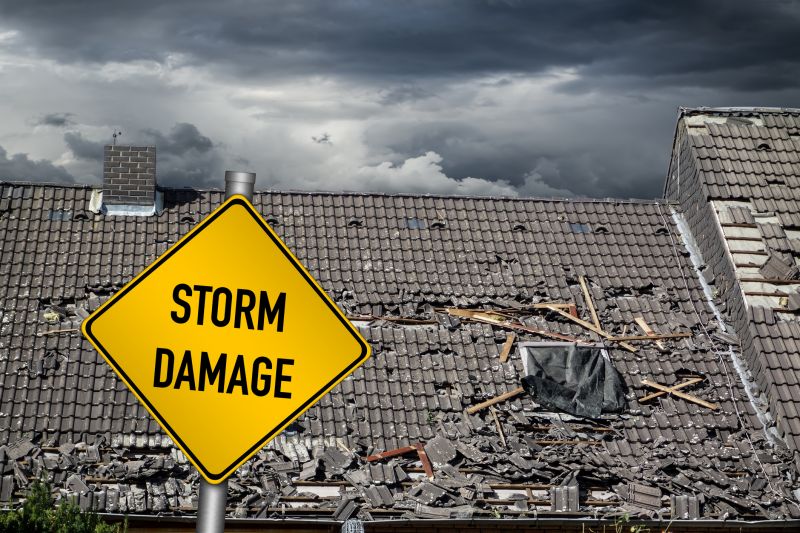
Visual inspections to evaluate damage after storms are critical for planning restorations.
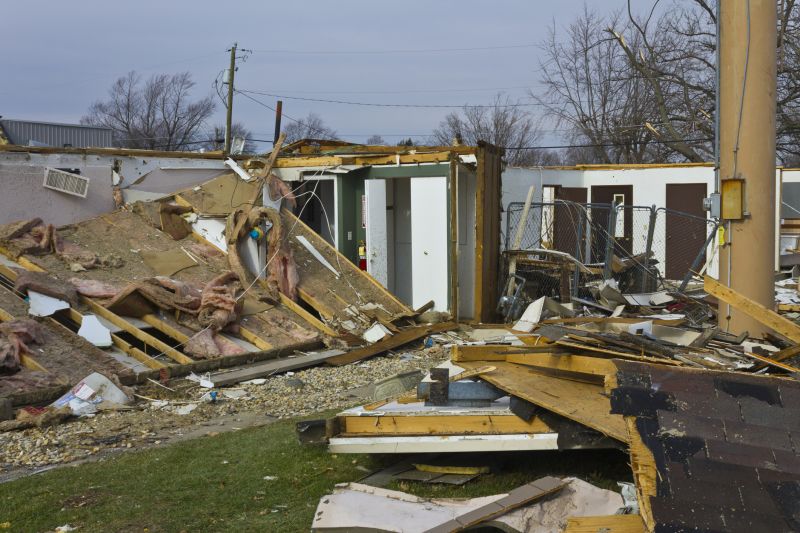
Professional crews repairing roof and structural damage post-storm.
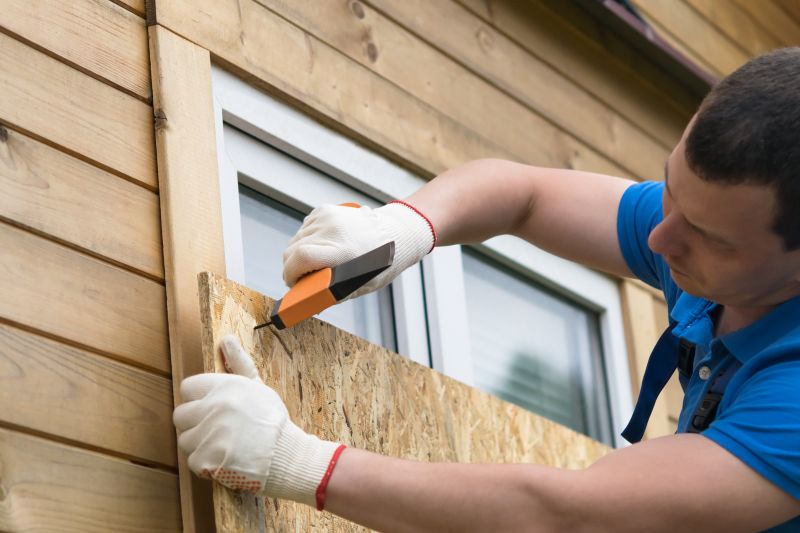
Securing properties before storms to minimize damage.
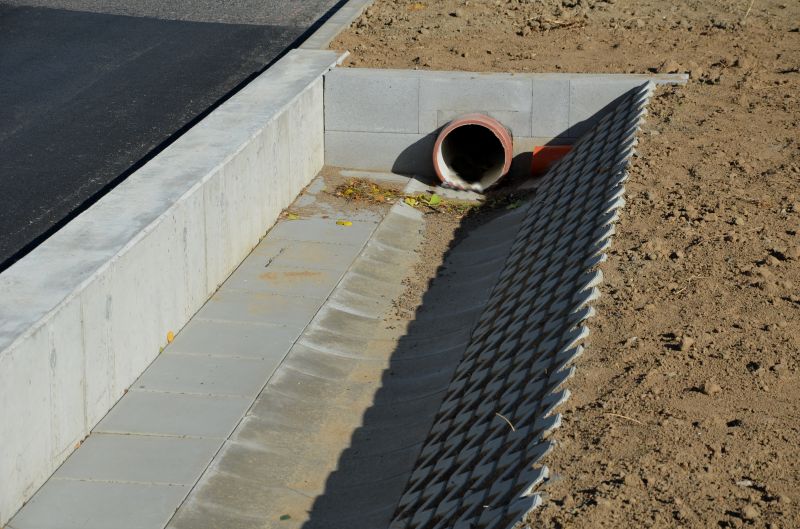
Ways to make Storm Restorations work in tight or awkward layouts.
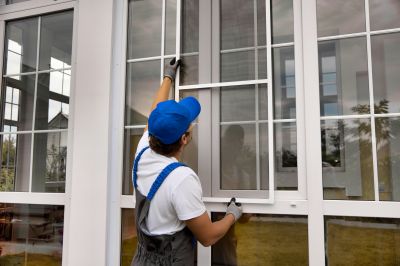
Popular materials for Storm Restorations and why they hold up over time.
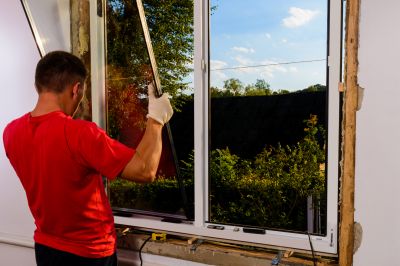
Simple add-ons that improve Storm Restorations without blowing the budget.
| Optimal Restoration Timing | Key Factors |
|---|---|
| Spring and Early Summer | Mild weather, longer daylight hours |
| Immediately After Storms | Prevent further damage and start repairs |
| Stable Weather Periods | Low wind and precipitation for safety |
| Pre-Storm Season | Inspections and preventative measures |
| Off-Peak Seasons | Less busy period for contractors |
Storm restorations involve comprehensive repairs to mitigate damage caused by weather events such as high winds, hail, and heavy rain. Proper timing ensures that repairs are effective and durable. Waiting for optimal weather conditions reduces risks associated with working in adverse environments and enhances the quality of restoration work.
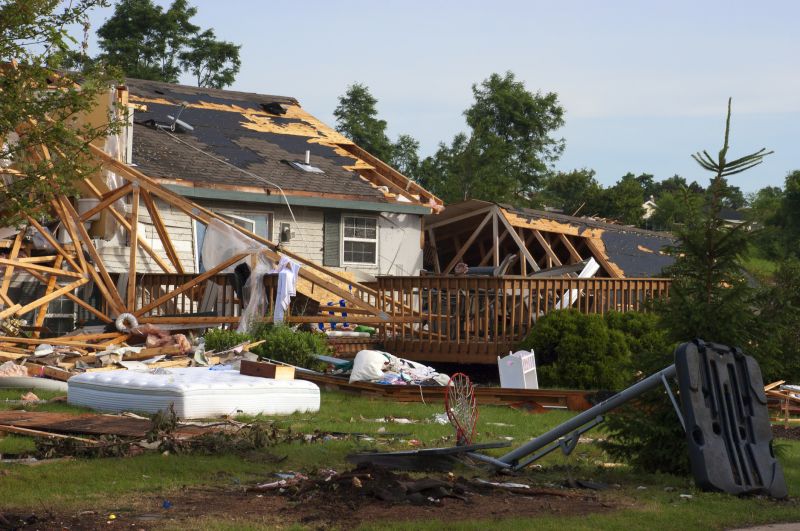
Restoring roofs and exteriors after storm damage.
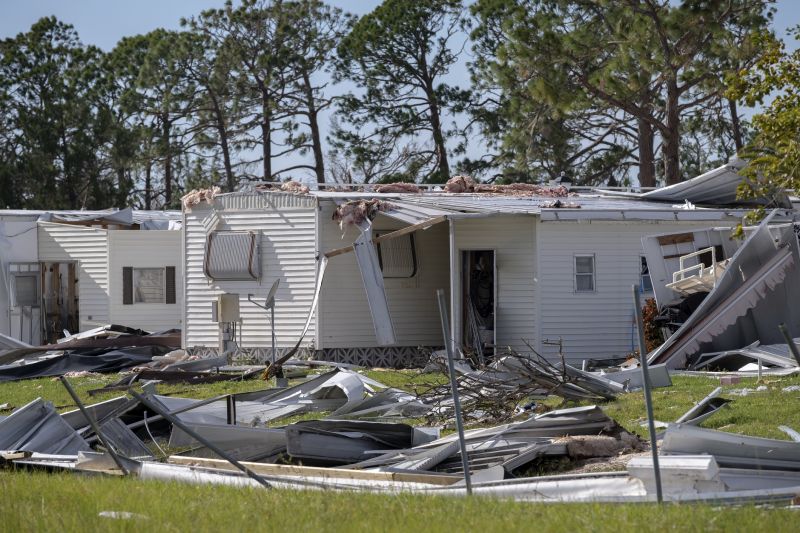
Strengthening vulnerable parts of a building post-storm.
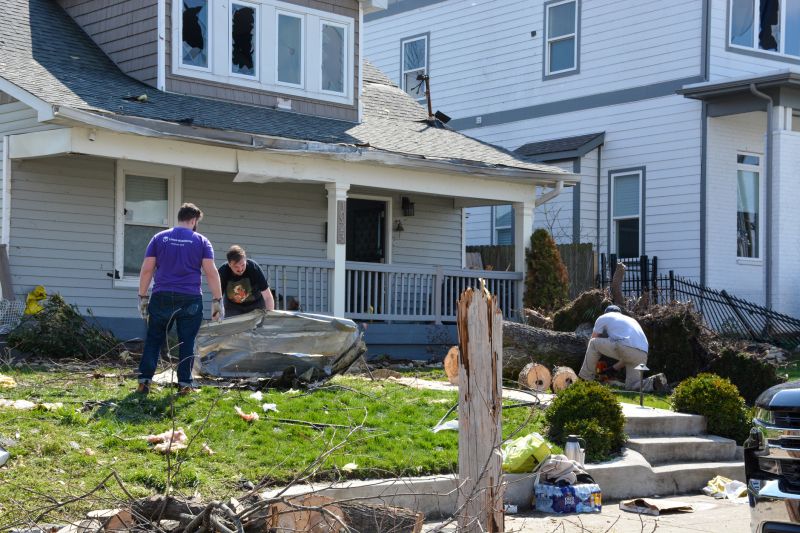
Rapid response teams addressing urgent storm damage.

Detailed evaluations to guide restoration efforts.
Interested parties are encouraged to contact for further information or to schedule an assessment. Filling out the contact form can facilitate a timely response and help plan effective storm restoration strategies tailored to specific needs.

